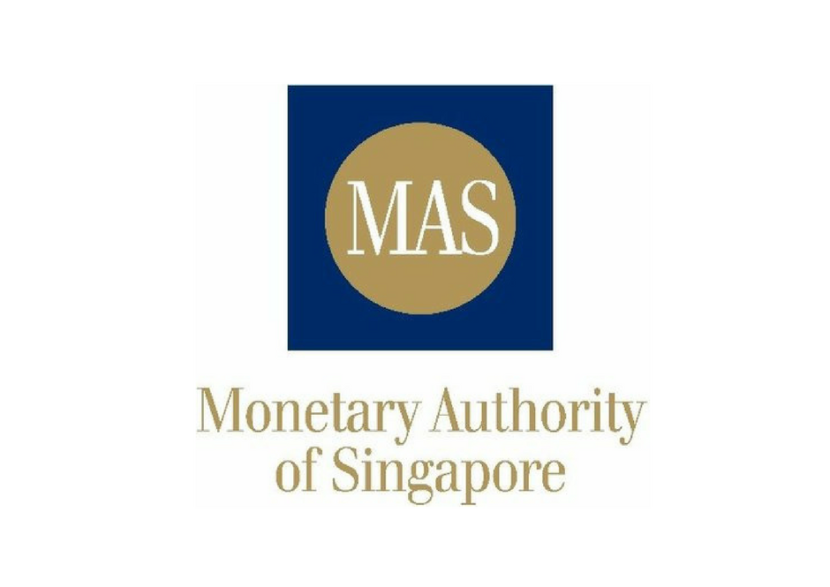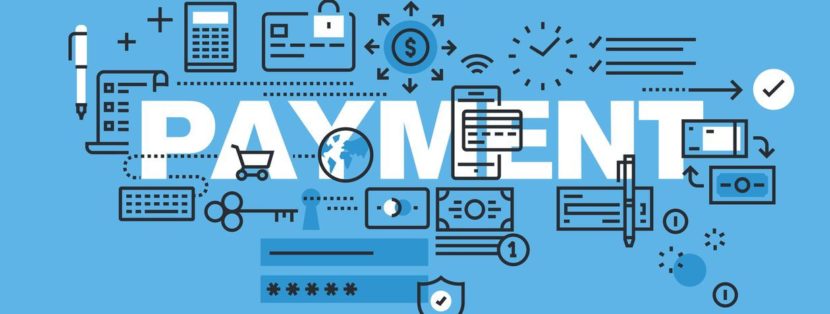1 INTRODUCTION
The Government has announced Supplementary Budget Support Packages for both self-employed individuals and companies, which are badly affected during the Covid-19 and the continuous economic contraction. The economic growth forecast for 2020 is reduced to -4% to -1%. The details of the relief packages amounting to 54.6 billion dollars, including announced in the Budget 2020 for companies and self-employed individuals, are as follows:
- Self-employed persons’ income relief
Self-Employed Person Income Relief Scheme, which will disburse $1,000 a month for nine months and cash payments of $3,000 in May, July and October this year to help them in this time of economic uncertainty.
- Self-employed include taxi and private-hire car drivers, real estate agents, media and art freelancers, and sports coaches.
- Lower-wage workers, including self-employed ones, will get a $3,000 cash payout under the Workfare Income Supplement scheme. To qualify for the scheme, citizens must be 35 and older and earn a gross monthly income of not more than $2,300 among other criteria.
- The Self-Employed Person Income Relief Scheme (Sirs), will be open to those who earn a net trade income of no more than $100,000, live in a property with an annual value of no more than $13,000 and do not own two or more properties. They must also have started self-employment on or before March 25 and must not earn any income as employees. If they are married, they and their spouse together must not own two or more properties, and the spouse’s assessable income must not exceed $70,000.
- Lost Jobs or Income can apply for aid from April 1, 2020
- Those who have been financially affected by the Coronavirus outbreak through losing jobs or income will be able to apply for a one-time cash assistance of $500 from April 1.
- From May 1, those who are eligible will receive $800 a month for three months, if they commit to receiving employment and training support from Workforce Singapore and the Employment and Employability Institute (e2i).
- Those who are already receiving ComCare Assistance, will not be able to apply for either the temporary relief fund or the Covid-19 support grant.
- Temporary Bridging Loan Programme
The temporary bridging loan programme will be available for enterprises across all sectors from April 1.
1.3. Temporary Bridging Loan Programme (Cont’d)
Businesses can take a loan of up to $5 million under the programme, an increase from the previous $ 1 million cap. All eligible enterprises can apply for the programme till March 31 next year.
- SME Working Capital Loan
The SME Working Capital Loan, helps small and medium-sized enterprises (SMEs) in all industries access financing for cash flow. The maximum loan quantum has been raised to $1 million, up from the $600,000 cap. The Government will work with participating financial institutions to defer principal payments for one year on loans under these two schemes, if businesses ask for it.
- Enterprise Financing Scheme
The Enterprise Financing Scheme – Trade Loan, which supports enterprises in areas like the financing of short-term import and export needs, will be enhanced for one year from April 1. The maximum loan quantum is doubled to $10 million and the Government’s risk-share has been increased to 80 per cent. Interest rates for loans taken under the programmes are subject to assessments by participating financial institutions. Monetary Authority of Singapore is working with banks and insurers to see how they can help businesses and individuals facing cash flow problems with their loan obligations and insurance premium payments. Details will be announced by the central bank and the industry at a later date.
- Tax Payments deferred
Businesses and self-employed people will be granted a three-month deferment on income tax payments to ease their immediate cash flow concerns. All companies with corporate income tax payments due in April, May and June will have them deferred automatically for three months. Payments will be collected from July. This move is in addition to the 25 percent income tax rebate, capped at $15,000, announced for companies, for Year of Assessment 2020 that was announced last month in Budget 2020.
- Wage Credit Scheme
The Wage Credit Scheme, enhanced in last month’s Budget, co-funds wage increases for Singaporean employees earning a gross monthly wage of up to $5,000 – an increase from the previous ceiling of $4,000. The Government is funding 20 per cent and 15 per cent for 2019 and 2020 qualifying wage increases, respectively. Businesses will receive two schemes by October this year.
- Job Support Scheme – Wage subsidies
The basic cash grant of 25 percent of wages under the Jobs Support Scheme applies to all Singaporean and Permanent Resident employees.
1.8. Job Support Scheme – Wage subsidies (Cont’d)
Firms in the food service sector, including hawker stalls, will receive higher support, at 50 per cent of wages. Firms in the aviation and tourism sectors – which are the worst hit by the Covid-19 outbreak – will receive 75 per cent of wages. The support will apply to the first $4,600 of gross monthly wages per local employee, which is the median wage in Singapore. Gross monthly wages include employee contributions to the Central Provident Fund (CPF). Employers will receive payouts in three tranches, at the end of May, July and October. This help also last for nine months, until the end of this year. They do not need to apply for the scheme, as it will be computed based on their CPF contribution data.
- Skills Future training support to be extended to all sectors
From May, all employers who send their workers for selected training programmes can receive additional support from Skills Future Singapore funding. They will receive enhanced absentee payroll support at 90 per cent of hourly basic salary, capped at $10 per hour.
- Student Loan
The Government will freeze all government fees and charges for one year, starting from next month and ending March 31 next year. It will also suspend all loan repayment and interest charges for graduates who have taken government loans for university and polytechnic studies, starting from June and ending May next year.
- Private Bus Operators
Private Bus Operators will be granted a one-year road tax rebate. Operators will also be granted a nine-month waiver of the Class 2 Bus Service Licence fee. Those who have paid the fee for this year will get refunds of about $750 each. A six-month waiver of parking charges at government-managed parking facilities will be granted. Self-employed operators can apply for an income relief scheme. Those eligible will receive $1,000 a month for nine months.
- Enhanced Property Tax Rebates
Non-residential properties will be granted an enhanced rebate for property tax payable for the period Jan 1, 2020 to Dec 31, 2020. These properties include:
| Hotel room | 100% |
| Serviced Apartment | |
| Exhibition Centre | |
| Backpackers’ hostel | |
| Shop, restaurant | |
| Medical clinic, Hospital, Nursing Home | |
| Childcare center or Kindergarten, School |
1.12. Enhanced Property Tax Rebates (Cont’d)
| Other non-residential properties | 30% |
| Premises used for an industrial or agricultural purpose | |
| Offices | |
| Business or Science Park | |
| Petrol Station | |
| Warehouse |
- 1.13. Making Companies/Firms more resilient
- Up to 80% of the cost of investing in technology like automation will be covered for firms under the productivity solutions grant.
- Up to 90% under the enterprise development grant, which help firms upgrade, innovate or venture overseas.
These two enhancements will last till the end of the year.
- 1.14. Individuals, firms can defer payment of property and business loans
MAS and the banking industry aim to offer relief to households and firms that may find themselves tight on cash during the downturn.
- House owners can apply to their bank or finance companies to defer repayments for their property loan until 31st Dec 2020.
- Individuals can also apply for their insurers to temporarily stop paying premiums in their life and health insurance plans for six months.
- SMEs, subject to conditions, can apply to their lenders to defer principal amounts on secured term loans until Dec 31, 2020. SMEs can also apply to their insurers to pay in instalments their Company’s general insurance premiums (e.g. property, trade credit, vehicles).





